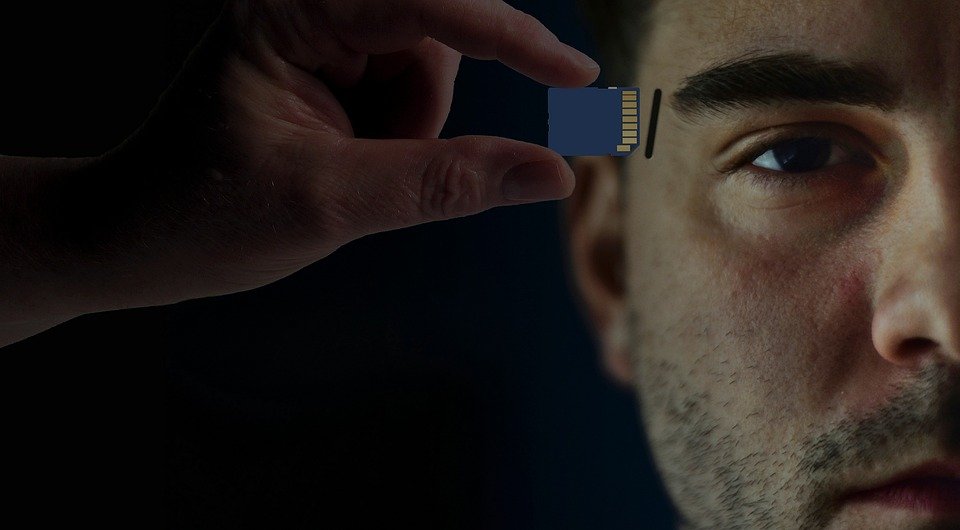Non-fungible tokens (NFTs) have taken the digital world by storm, with artists, collectors, and investors alike flocking to this new form of digital asset. While NFTs are most commonly associated with digital art and collectibles, their potential applications go far beyond just that. In this article, we will explore the diverse applications of NFTs and how they are revolutionizing various industries.
Art and Collectibles
One of the most well-known uses of NFTs is in the world of art and collectibles. Artists are now able to tokenize their work, creating unique digital assets that can be bought, sold, and traded on blockchain platforms. Collectors can own a piece of digital art that is verifiably scarce and authentic, thanks to the transparent nature of blockchain technology.
Real Estate
NFTs are also being used in the real estate industry to tokenize properties and create digital deeds. This allows for fractional ownership of real estate assets, making it easier for investors to buy into high-value properties. NFTs can also be used to represent ownership of physical real estate assets, such as buildings or land, providing a secure and transparent way to transfer ownership.
Gaming
Gaming is another industry that is being transformed by NFTs. In-game assets and collectibles can now be tokenized, allowing players to truly own their digital belongings. This opens up new opportunities for players to buy, sell, and trade in-game items, creating a new economy within the gaming world. NFTs also enable cross-platform interoperability, allowing players to use their assets in multiple games.
music and Entertainment
Artists and musicians are also exploring the use of NFTs to create unique digital experiences for their fans. NFTs can be used to tokenize music, videos, and other forms of entertainment, allowing creators to monetize their work directly to their audience. Fans can collect limited edition digital albums, concert tickets, and other exclusive content, creating a new way for artists to engage with their fanbase.
Identity and Credentials
NFTs are also being used to verify identity and credentials in various industries. Digital identity cards, academic certificates, and professional licenses can be tokenized, providing a secure and tamper-proof way to prove one’s identity and qualifications. This has the potential to revolutionize the way we handle personal data and credentials, making it easier to verify information and prevent fraud.
Environmental and social Impact
Some innovative uses of NFTs involve environmental and social impact initiatives. For example, NFTs can be used to track the provenance of sustainable products, ensuring that they are ethically sourced and produced. NFTs can also be used to create digital art pieces that raise awareness about social issues, with proceeds going towards charitable causes. This demonstrates the potential for NFTs to be used for positive social and environmental impact.
Conclusion
Non-fungible tokens have the potential to revolutionize a wide range of industries, from art and collectibles to real estate, gaming, music, and more. The unique properties of NFTs, such as scarcity, authenticity, and verifiability, make them a powerful tool for creating digital assets and experiences. As the technology continues to evolve, we can expect to see even more diverse applications of NFTs in the future.
FAQs
What is an NFT?
An NFT, or non-fungible token, is a unique digital asset that is stored on a blockchain. Unlike cryptocurrencies such as Bitcoin or Ethereum, NFTs are indivisible and cannot be exchanged for other tokens of equal value.
How do NFTs work?
NFTs are created using smart contracts on blockchain platforms such as Ethereum. Each NFT is assigned a unique identifier, making it verifiably scarce and authentic. NFTs can be bought, sold, and traded on various online marketplaces.
Are NFTs secure?
Yes, NFTs are secured by blockchain technology, which ensures transparency, immutability, and decentralization. Each NFT is cryptographically unique and cannot be replicated or tampered with.
How can I create my own NFT?
There are various online platforms that allow users to create and mint their own NFTs, such as Opensea, Rarible, and Mintable. Users can upload their digital artwork, set the parameters for their NFT, and mint it on the blockchain.

